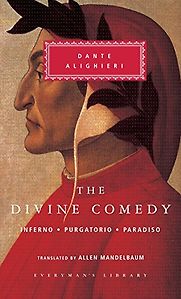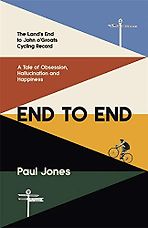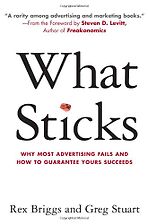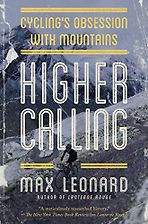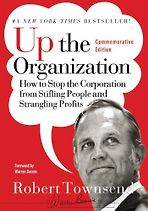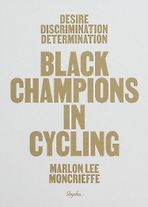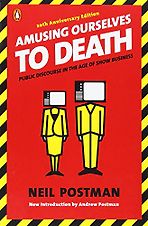Recommendations from our site
“It’s a poem that comes out of conflict in Florence in various ways. In a most literal sense it comes out of Dante’s exile – he was exiled in 1302 as a result of the conflicts between several political factions and he remained exiled, in various parts of Italy, for the remainder of his life (he died in 1321). The Commedia reflects that acute sense of the loss of one’s homeland and the resentment of that – Florence gets attacked quite viciously by characters in the Inferno. And then there’s the epigraph for the Inferno: ‘A Florentine by birth but not by disposition.'” Read more...
Nick Havely, Literary Scholar
“Dante is of importance to Leonardo in two respects. One is a fairly obvious one in that he really set in train…the standard Florentine poetic genre of the beloved lady. In his work, Beatrice is never really somebody he knows that well but she is idealised and sublimated into this extraordinary object of rarefied desire. He set in motion a tradition that goes through Petrarch and beyond, and one that was still thriving in the Leonardo courts…The other aspect to it is that Dante is the supreme poet-natural philosopher. We know about Dante’s imagination, we know his great storytelling abilities, but we tend to take into account rather less that in The Divine Comedy and in all his works – the Convivio (the Banquet) not least – there is an enormous amount of learning about objects, about physics, about the behaviour of things in the natural world and about light, above all. The Paradiso is about light. And also about the act of seeing. So, I think, for Leonardo, it was not just that Dante was the most potent poet he could read but that he set in train a sense of the science of art; the poetic imagination – ‘fantasia’ as Dante and Leonardo called it – is compatible with ‘intelletto’ – with the intellect – and that these are two strings to the poet’s bow. So, it’s the ability to understand how the natural world operates and the ability then to transmute that into an imaginative realm.” Read more...
The best books on Leonardo da Vinci
Martin Kemp, Art Historians, Critics & Curator
“One of the things which four out of the five books I’ve chosen all have in common is a belief that the kind of truth which Christianity embodies was available before the coming into the world of Christ. What Dante does is take all the classical mythologies of monsters and harpies and make them into a part of the underworld in Hell, which is fascinating…He loses Virgil and Beatrice leads him on, and he has all these conversations. He meets his ancestor who appears rather grand. And he is then led even further up and even Beatrice has to abandon him and swan back into the background. Then he is led by St Bernard into the presence and he sees God. It is extraordinary. I don’t think there’s anything in world literature to compare with the last few cantos of the Paradiso as a Christian statement.I don’t think there’s anything in world literature to compare with the last few cantos of the Paradiso as a Christian statement.” Read more...
A N Wilson recommends the best Christian Books
A N Wilson, Biographer
“The Inferno is the classic moment of people not wanting to talk about cowardice.” Read more...
Chris Walsh, Literary Scholar
Our most recommended books
-

End to End
by Paul Jones -

What Sticks
by Rex Briggs and Gregg Stuart -

Higher Calling: Road Cycling’s Obsession with the Mountains
by Max Leonard -

Up The Organization
by Robert Townsend -

Desire Discrimination Determination: Black Champions in Cycling
by Marlon Moncrieffe -

Amusing Ourselves to Death
by Neil Postman
